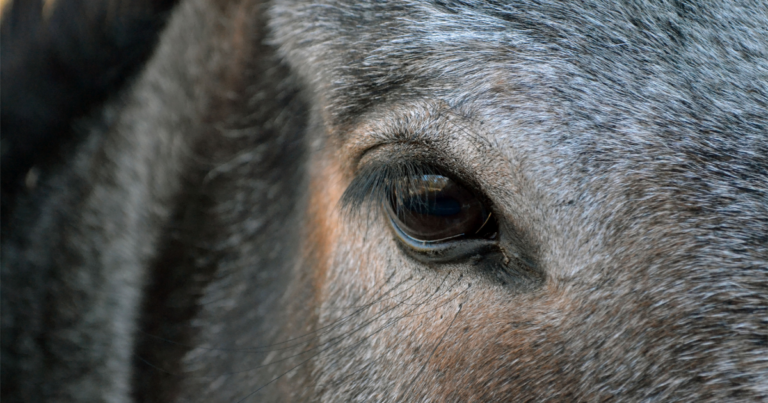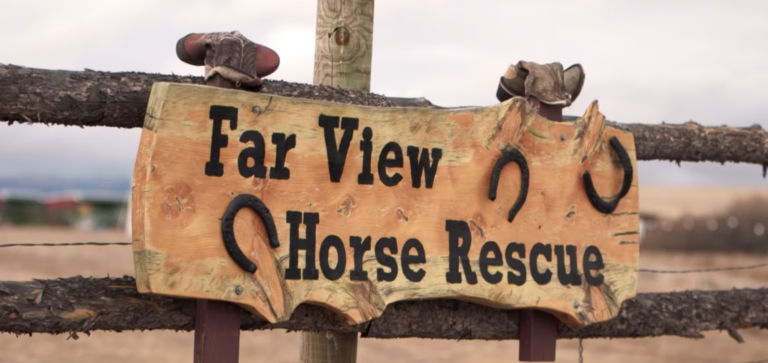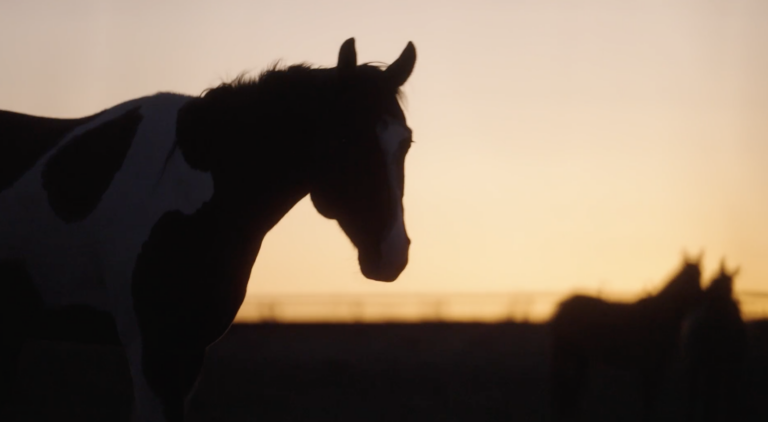For many professionals in the horse world, having their own farm is an important goal. Whether you are a trainer hoping for your own training barn, a barn manager looking to open your own boarding facility, or a horse owner wanting to start a breeding operation, having your own farm is a necessity if you want to establish your business.
If you have never shopped for a horse farm in the past, it’s a good idea to be prepared before going out and securing a property with a down payment and your signature on a contract. Farm shopping takes knowhow if you want to make sure you get the best property for your needs.
Plan Ahead
You may already know that a real estate agent can be invaluable when it comes to helping you find a farm property. Agents who specialize in rural properties can be especially helpful. But before you approach a real estate agent, sit down and write out exactly what you want and need in your property.
Those questions are precisely the ones a real estate agent will ask you, so it’s good to be prepared for them. “When helping a client find a farm property, I first needed to know their price range and what kind of horse operation they envisioned,” says Wendy Kauffman, a retired horse property real estate agent living in Baxter, Tenn. “Were they looking for a hobby farm, or a boarding or a training establishment? Were they going to host outside trainers and clinicians? What kind of horses did they have, and what style of riding did they do? These were all questions I asked.”
Stephanie Bryant, a rural real estate specialist and partner with Huntington Properties LLC in Castle Rock, Colo., also prompts clients with a list of questions before searching for farms. “I ask clients their price range, preferred location, and the distance they want to be from schools or work,” she says. “I also need to know the targeted move date and how many acres they are the considering.”
Bryant says that knowing how many acres a client is coming from is also important, as well as whether they want in-town horse property or out-in-the-country horse property. The type and number of horses they have or plan to have is also an issue. “Minis are different from drafts, and backyard horses are different from dressage horses,” she says.
What are your priorities? Bryant notes that some clients are fussy about the house, while others care more about the barn. She also asks whether they want to be in an area with riding trails, and if they are willing to build a barn if they find a suitable area and home in the price range they are looking for, but the barn is missing or unsuitable. Finding out what other types of other animals will be kept at the farm is also important.
Zoning is another vital factor when looking for a farm property, according to realtor Claire Hansen with Prudential California Realty in Los Olivos, Calif. “This is true whether or not the client intends to have a business that is a public training and boarding facility, or whether they are just buying a farm for their private use as a breeder for their own stallions, mares and babies,” she says.
Hansen says it’s important your neighbors are horse-friendly, and that you are not in an area that is ultimately going to be developed in a way that could bring future issues for horse owners. For example, “If trails are important, the buyer needs to know whether the trails in a particular area are deeded trails or just trails that have been used in the past by word of mouth,” she adds.
Providing this kind of information helps your agent locate properties that meet your needs. This saves you the time and hassle of looking at farms that don’t fit the bill.
Live and Learn
One of the best steps buyers can take is to talk to horse professionals who have had the experience of purchasing their own property.
Gina Perrin, owner of Heavenly Horse Haven, an equine rescue in Anza, Calif., is a case in point. She purchased five acres for the purpose of expanding her rescue operation. “I started looking for horse property that would be set up and ready to move into with the 12 rescue horses that I had at the time,” she says. “I looked in a regional horse magazine for ads and searched the Internet for boarding facilities that were on the market at a reasonable price. My realtor and I found several ranches to choose from.”
Perrin specifically looked for property in a rural area that was unlikely to grow in population. She also wanted to find a place that had miles of riding trails. She wanted a property that would allow her organization to grow, and add more land if needed.
Trainer Vanessa Karre in Longmont, Colo., found her horse farm by searching daily—on-line, and in home and land magazines and newspapers—and through inquiries with realtors.
“I spent the better part of 18 months searching for an affordable property, in a desirable location, and one that would be well suited to a herd of five to 10 horses,” she says. “I was looking for a mountain property that had sufficient grass pasture to allow my herd to turn out at least eight hours a day. I also wanted tall trees for shade but southern exposure in the wintertime. Being near a national forest was of great importance to me so I could do a lot of trail riding. And I wanted to find a place that would be very healthy: no tall cell phone towers or electrical pylons, not near conventional farms to avoid exposure to chemicals, and no overt noise pollution from businesses.”
Karre also paid special attention to the water issue on the properties she was examining. “The well water consideration was probably most important,” she says. “Here in Colorado, many properties under 35 acres have ‘in-house use only’ domestic wells. Many horse owners I know have these legal descriptions on their wells and still water horses from them. Being a staunch environmentalist, I did make absolutely sure that my eight-acre property, though having a domestic well permit, would also permit me to water my horses legally. Most important, I wanted to be sure that the status of that domestic well permit would not change if I needed to drill a new well in the future—which I did.”
Although it’s easiest to shop for a horse farm in a nearby area so you can easily tour many different properties, some people buy farms in anticipation of a move.
“I started looking for a farm in Kentucky while I was still living in California,” says Lesley Ward, editor of Young Rider magazine in Lexington, Ky. “I inquired about a farm I had found on-line in the local newspaper classified section, and lucked upon a really wonderful real estate agent who was very horsy. We talked at length about my needs and my budget.”
Ward’s agent began looking for a small farm, and when Ward arrived in Kentucky, she had two properties to look at immediately. “The realtor knew my small budget and worked with me,” she says. “I bought the second farm I looked at. It was perfect: a small house and a barn on six acres.”
When searching for a horse farm for purchase, a real estate agent who specializes in rural properties and knows a lot about the area can be an excellent resource. With the right help and plenty of patience, you’ll eventually find your ideal property.




